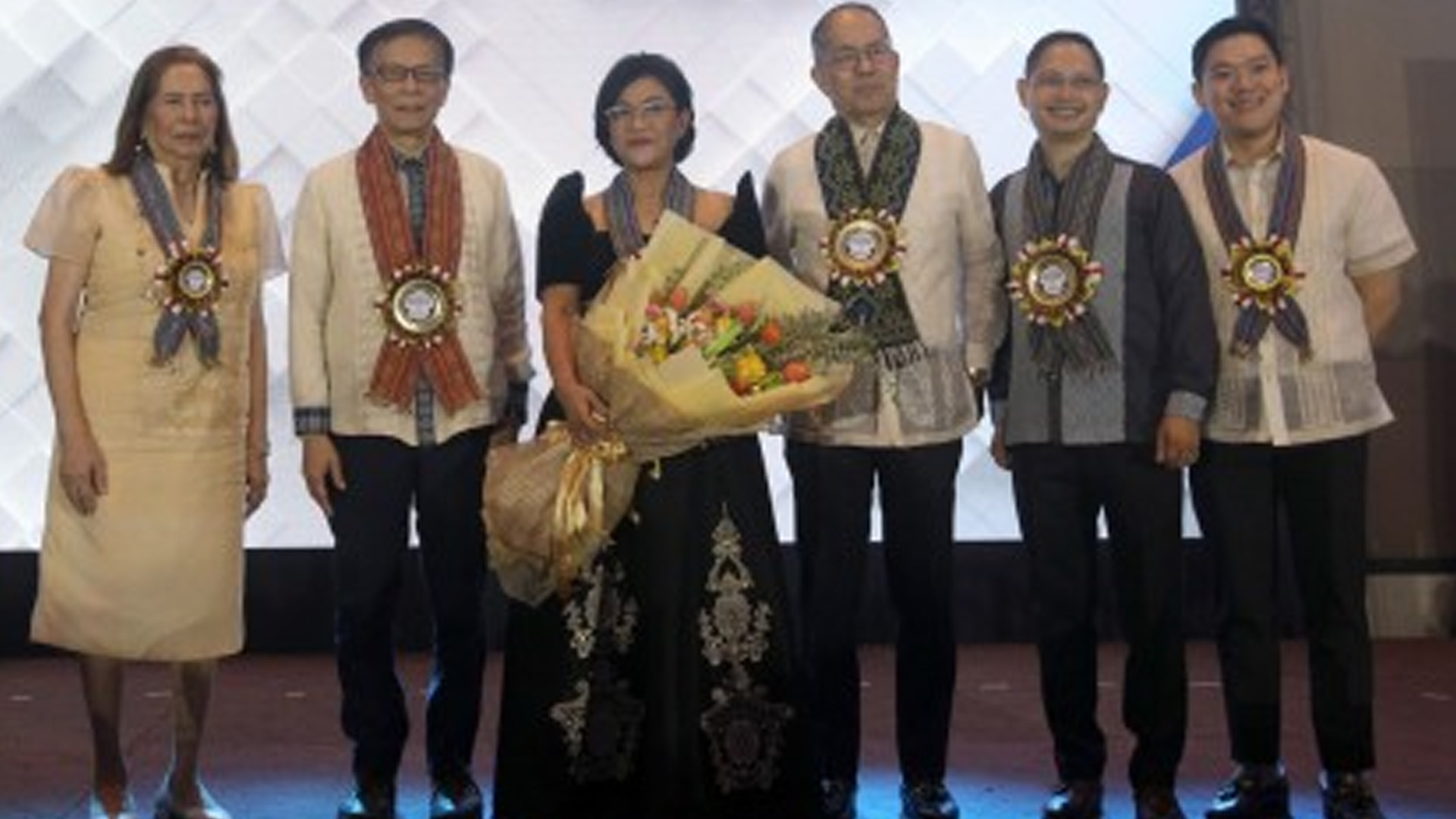Commission on Higher Education (CHED) Chairperson Shirley Agrupis on Monday highlighted the agency’s milestones and next steps during her first 100 days in office, advancing the commission’s ‘ACHIEVE’ framework for Philippine higher education.
Speaking at the Converge to Achieve Higher Education Summit at the Manila Hotel, Agrupis said the agency is laying the groundwork for transformation to address long-standing challenges in the sector.
“Guided by the principle that education is not a privilege but a right, we have introduced reforms, recalibrated strategies, forged partnerships, and created systems that empower students, educators, and institutions alike,” she said in a speech.
The ACHIEVE agenda consists of seven priorities:
- Advanced and Accessible Lifelong Learning;
- Centralized One-Nation Human Capital Development;
- Harmonized SDG-based Research and Innovation Agenda;
- Integrated Real-Time Data Collection and Analytics;
- Expanded and Impact-Driven Internationalization Strategies;
- Vitalized Policies, Internal Systems, and Governance; and
- Effective and Efficient Public Service
To realize these goals, CHED has signed agreements, memoranda of understanding, and joint circulars with several agencies, including the Technical Education and Skills Development Authority, Department of Labor and Employment (DOLE), Department of Migrant Workers, Commission on Human Rights, and Unilab Education.
In an ambush interview, Agrupis said the framework aims to address a fragmented education system, the lack of workforce data, internationalization gaps, outdated policies, and limited digitalization.
She cited the mismatch between course enrollment and labor market needs.
“Many programs are oversubscribed or undersubscribed because we are not data-driven… We need to do a gap analysis between demand and supply. That’s why we consult with DOLE, migrant workers, and others,” she said.
On internationalization, Agrupis noted the need for “impact-driven” programs aligned with sustainable development goals.
“It should be an impact-driven internationalization program so that every single cent we spend gives a return on investment to education,” she said.
The partnerships, she added, aim to strengthen synergy between technical-vocational education and higher education, improve school-to-work transition through curriculum alignment with labor market information, enhance youth employability programs and job fairs, and support overseas Filipino workers through education and career pathways.
They will also integrate human rights education in higher education institutions, establish Centers for Human Rights Education, build faculty and staff capacity, and promote industry collaboration, innovation, and professional development. (PNA)






